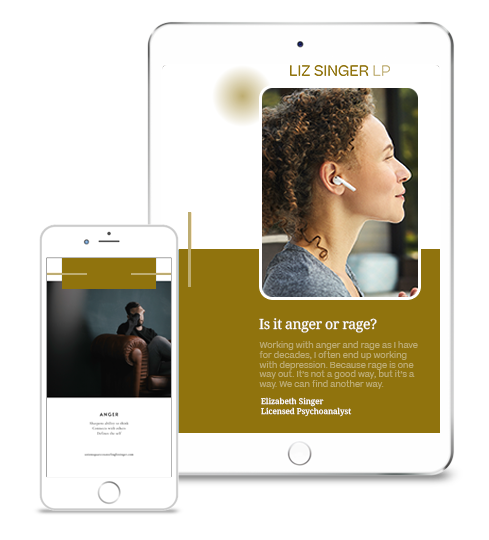Every Mom wants her child to feel loved and special. You want your children to know how important they are to you. Here’s a framework for how to listen to your children to show you care.
• Be specific. “How was your day?” is the obvious question, but you are likely to get a one word answer: “Fine.” Instead, ask for specifics. Ask your child who s/he ate lunch with. Once you get the names of the friends, you can ask how they are and then a conversation is born.
• Feed and hydrate the kid. A kid just home from school or camp wants a little something. While you are making the snack, you have your child’s full attention.
• Once you get the narrative (“Allie had a meltdown at lunch.”), you can flesh it out. Ask what happened.
• Get the feelings and label them. “Allie was so angry. She couldn’t keep it in.” Then ask how it was for your kid to see her friend lose it. For now, you’ll leave morals to the side. Non-judgmental listening will encourage your child to say more. “I hated it when her face got all red. I wanted to run away.”
• Echo the feelings. “I can see why it might be hard to stick around when someone gets angry.” Here’s the hard part. Maybe you have a different vision of how your kid might handle this. Here’s where ideals and reality create a little friction. Ideally, you might want your child to stick by his friend. Just now, your son or daughter is letting you know that he or she cannot do that yet, that big emotions scare him and he wants to run away.
• Encourage your child to think about his feelings. You want your child to be able to think about strong feelings, so model this for him and encourage him to do it. “When you think back on it now, how do you feel?” When they get that look—you know the one I mean—the faraway look, the inward look, that’s mommy gold. Pat yourself on the back.
• When you are done patting yourself on the back, hug your kid. I bet you have a personal vocabulary of touches. Ruffle his hair, squeeze her arm, pat her back or give him a high five.


